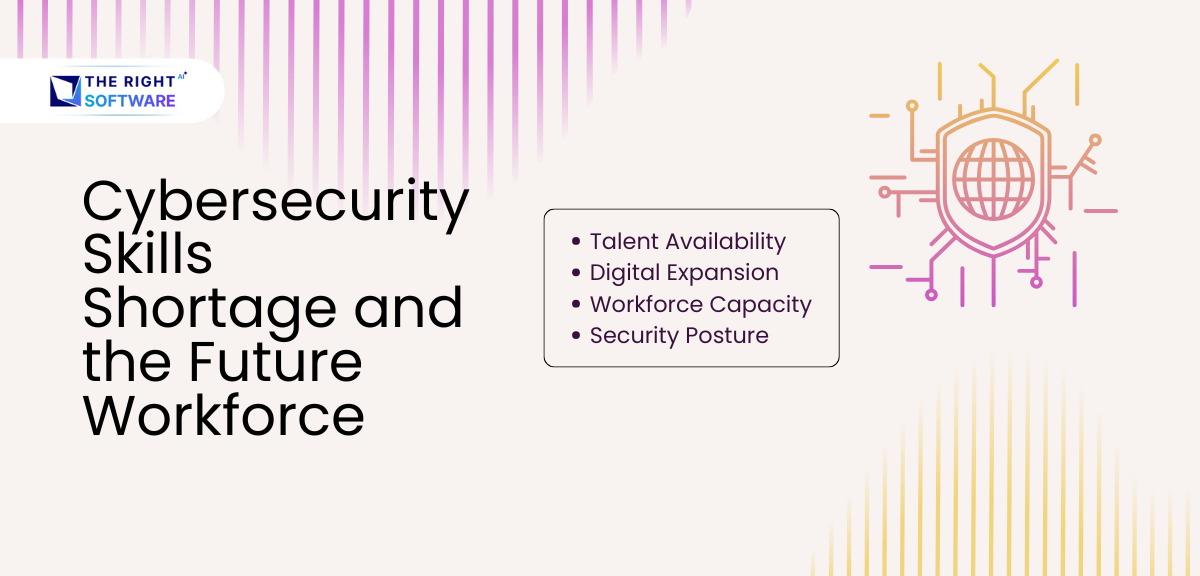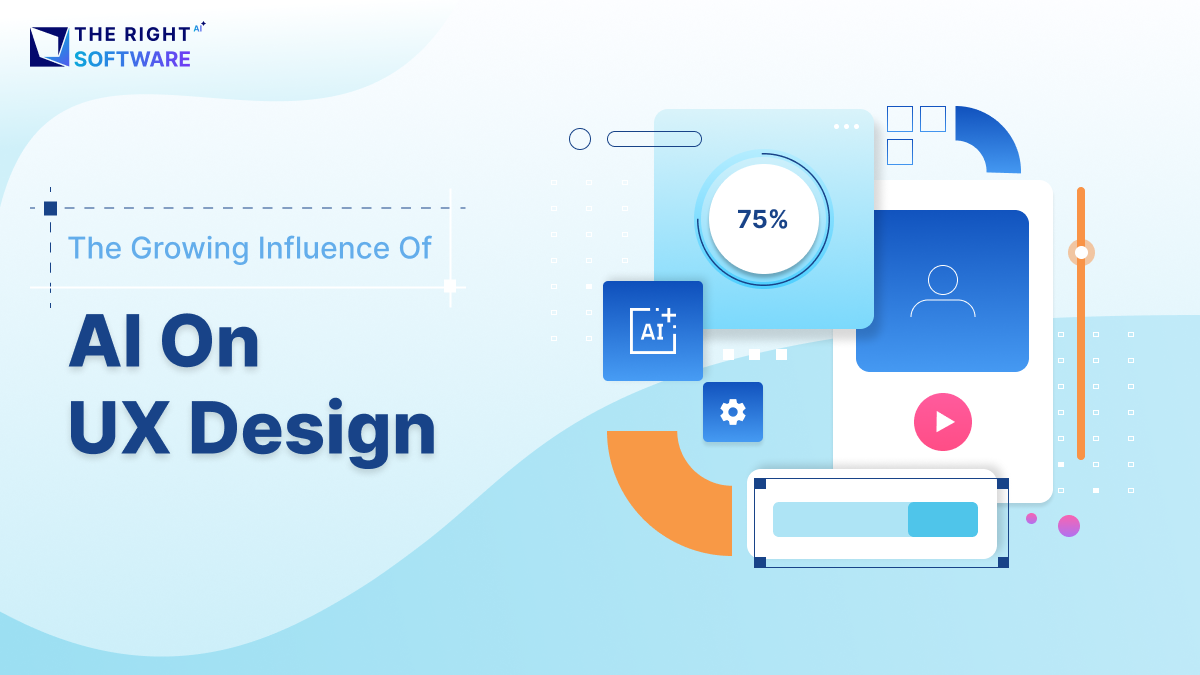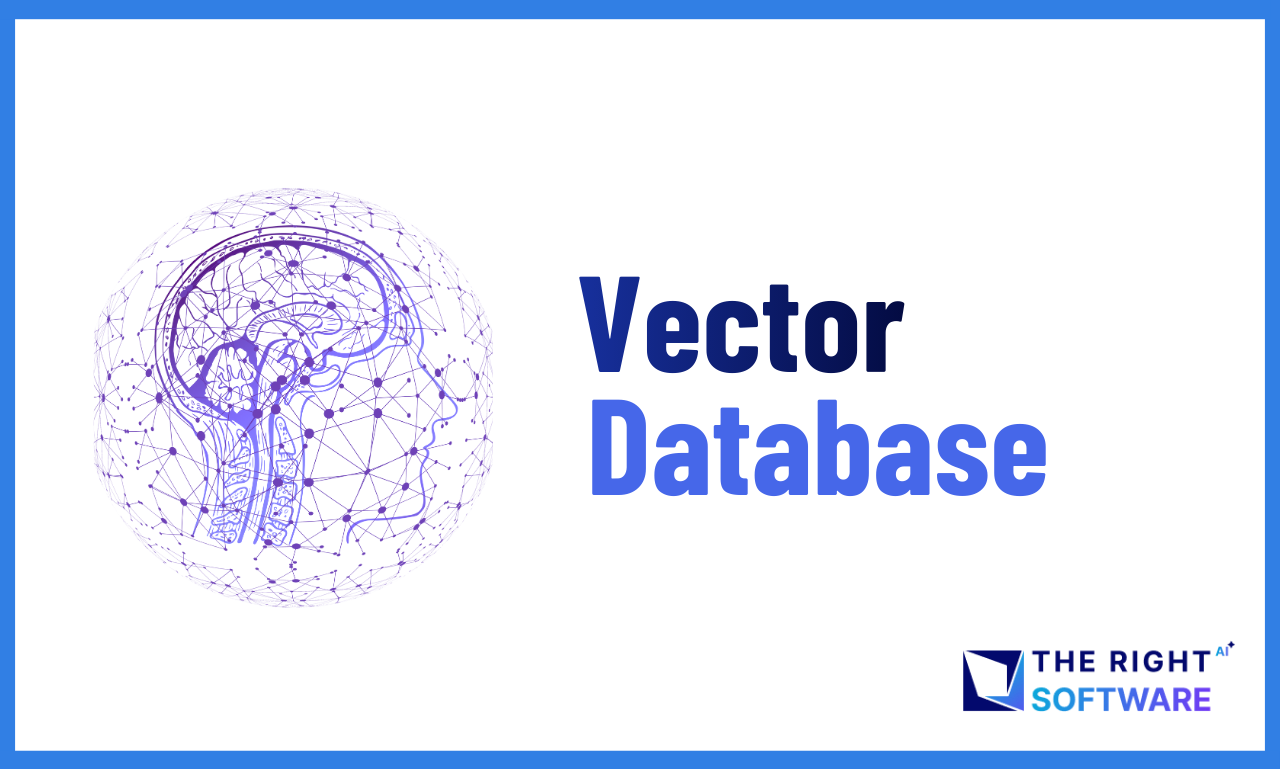In today’s fast-paced technological landscape, the rise of Artificial Intelligence (AI) is reshaping industries across the globe. One sector experiencing profound transformation is software testing. Traditionally considered a time-consuming and labor-intensive process, software testing is being revolutionized by AI, which is not only enhancing efficiency but also improving accuracy and scalability. In this article, we explore how AI is changing the realm of software testing, the benefits it offers, its practical applications, and the challenges it poses.
The Role of AI in Software Testing
AI introduces the ability to simulate human intelligence in machines, allowing them to learn from data, recognize patterns, and make decisions. These capabilities make AI a perfect fit for software testing, where repetitive tasks, large datasets, and the need for predictive analysis are prevalent. AI-powered tools can automate processes, adapt to new requirements, and provide insights beyond traditional methods.
Explore: A Chrome Extension Case Study: How The Right Software Leverages AI for Rapid Product Development
Key Ways AI is Transforming Software Testing
1. Test Automation at Scale
AI-powered test automation tools go beyond executing predefined scripts. Machine learning algorithms allow these tools to:
- Generate test cases automatically based on software requirements and user scenarios.
- Adapt tests dynamically as the codebase evolves, adjusting automatically to new features or changes.
- Optimize the testing process by identifying redundant tests and eliminating unnecessary ones, improving resource utilization.
2. Enhanced Test Case Generation
AI uses techniques like natural language processing (NLP) to better understand software requirements. This capability allows AI systems to generate comprehensive test cases from user stories or specifications, ensuring no critical paths are overlooked. Automated test case generation reduces human error and guarantees thorough test coverage.
3. Bug Prediction and Prevention
AI can analyze historical data to predict potential bugs in the development cycle. Tools like defect prediction models help identify high-risk areas in the codebase, enabling developers to address issues before they arise.
4. Intelligent Test Data Management
Data plays a critical role in software testing. AI helps improve test data management by:
- Creating synthetic datasets for testing, especially when real data is scarce or sensitive.
- Filling gaps in data and generating missing data points based on patterns identified during testing.
- Ensuring compliance with data privacy regulations like GDPR by anonymizing or redacting sensitive data.
5. Visual Testing
AI-powered visual validation tools can compare screenshots, detect UI inconsistencies, and validate layouts more efficiently than manual testing. This is particularly useful in ensuring cross-browser and cross-device compatibility.
6. Continuous Testing in DevOps
In the fast-paced world of DevOps, continuous integration and continuous delivery (CI/CD) are crucial. AI helps ensure that testing remains an integral part of the CI/CD pipeline, providing real-time feedback on software builds and keeping pace with rapid development cycles.
7. Self-Healing Tests
One of the unique features of AI in testing is self-healing tests. AI-based tools can automatically detect changes in the application under test (AUT) and adjust test scripts accordingly, reducing manual intervention and the maintenance burden that traditional test automation often requires.
8. Performance Testing with Predictive Analysis
AI enables predictive performance testing by simulating various conditions and predicting how an application will perform under stress or during peak usage. This helps teams identify bottlenecks before they become critical issues in production.
9. Security Testing with AI
AI is making strides in security testing by:
- Automating vulnerability scans to detect potential weaknesses in the application.
- Identifying patterns in security breaches, predicting where attacks may occur based on historical data.
- Simulating various types of cyberattacks (e.g., SQL injections, DDoS) to assess an app’s resilience.
10. AI-Driven Test Reporting
AI not only automates testing but also enhances test reporting. AI-powered reporting tools analyze the results of tests in real time and generate insights, making it easier for development teams to understand complex test outcomes and quickly address issues.
11. Integration with Chatbots and Virtual Assistants
AI-driven chatbots and virtual assistants can be integrated with testing platforms to assist in manual testing by providing guidance on creating test cases, running tests, and resolving issues. These assistants can also provide real-time feedback and suggestions to testers, speeding up the testing process.
Benefits of AI in Software Testing
Speed and Efficiency: AI reduces the time required for test execution and analysis, enabling faster time-to-market for software products.
Improved Accuracy: By eliminating human error, AI ensures more reliable test results.
Scalability: AI can handle large datasets and complex test scenarios, making it suitable for enterprise-scale applications.
Cost Reduction: Automation and predictive analysis lower the overall cost of software testing.
Enhanced Test Coverage: AI tools can explore edge cases and scenarios that might be overlooked in manual testing.
Challenges and Limitations of AI in Software Testing
High Initial Investment
Implementing AI-driven tools requires significant upfront costs, which may be a barrier for smaller organizations.Learning Curve
Teams need training to use AI tools effectively and integrate them into existing workflows.Dependence on Quality Data
The effectiveness of AI systems depends on the quality and quantity of training data available.Limited Creativity
While AI excels at automation and prediction, it lacks the creativity and intuition of human testers, especially in exploratory testing.Ethical and Security Concerns
The use of AI in sensitive testing scenarios raises questions about data privacy and ethical considerations.
Real-World Applications of AI in Software Testing
- Testim.io: This tool uses machine learning to dynamically create, execute, and maintain test cases, reducing manual intervention.
- Applitools: Known for its AI-powered visual testing capabilities, Applitools automates UI validation and cross-browser testing.
- Sauce Labs: Sauce Labs leverages AI to optimize test execution across multiple environments, providing a seamless experience for developers.
- Functionize: This AI-powered platform offers self-healing test automation, adjusting test scripts dynamically as the application changes.
The Future of AI in Software Testing
The integration of AI in software testing is still evolving. Future advancements may include:
Greater emphasis on cognitive computing for exploratory testing.
Increased use of AI in security testing to identify vulnerabilities.
Broader adoption of AI-driven testing frameworks in Agile and DevOps environments.
As AI technologies mature, the collaboration between human testers and AI will become more seamless, combining human creativity with machine precision.
Conclusion
AI is undeniably changing the face of software testing, bringing unprecedented efficiency, accuracy, and scalability to the process. While challenges exist, the benefits far outweigh the limitations, making AI a critical component of modern quality assurance strategies. Organizations that embrace AI-driven testing will not only improve software quality but also gain a competitive edge in delivering superior user experiences.
At The Right Software, we are committed to providing the best services for AI development and testing. Whether you’re looking to enhance your AI capabilities or need skilled developers and testers, we offer competitive prices without compromising on quality. Hire expert AI developers and testers from The Right Software to take your software projects to the next level.





